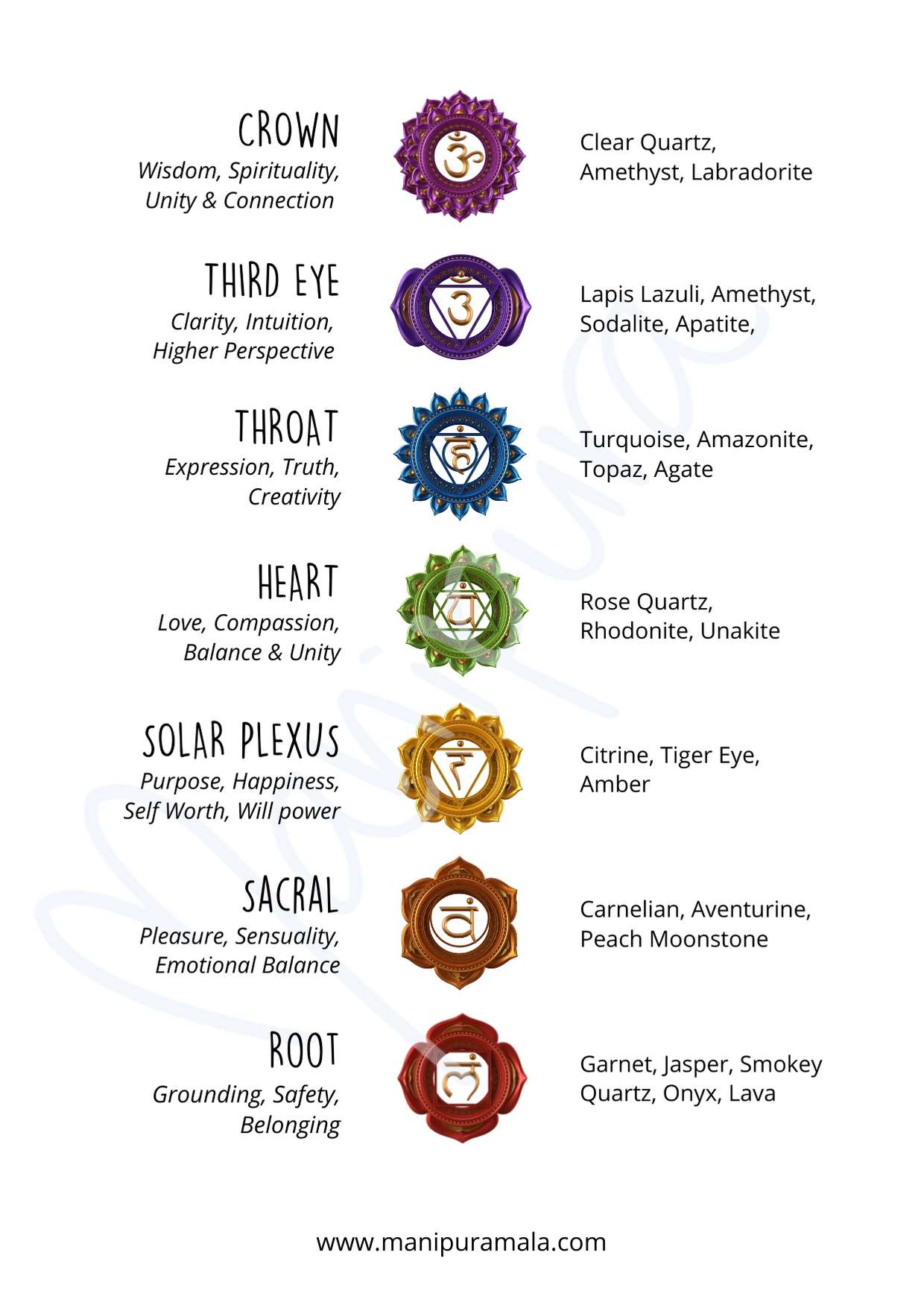
What is Yoga Nidra and how does it help? Yoga Nidra is a restorative practice that can help you relax. You will need to lie down on your back, with bolsters supporting your lower back and a blanket warming you. The purpose of Yoga Nidra is to promote complete relaxation. You can choose to meditate in this manner, or you may use it as an aid for healing. This article will provide more details. Yoga Nidra: The benefits.
Meditation
The practice of Yoga nidra is similar to that of meditation. The body is in a state of meditation that lies between dreaming and wakefulness. However, when the practitioner is relaxed enough, this practice can actually induce sleep. Deep relaxation can stimulate the third eye behind the eyebrows. The pineal gland will be activated. The body produces melatonin in this state of meditation. This hormone has been shown to increase sleep quality, reduce aging signs, and boost immunity.
Yoga nidra allows the student to relax and feel more in control. It allows the practitioner to connect to consciousness. The practice allows the student tap into their inner resource to find peace in each moment. The practitioner guides students through a script. It involves the establishment of a Sankalpa. Yoga nidra is where the student invokes their deepest desires, then relaxes in this state.

The practitioner sets a Sankalpa in this meditation. This is the highest intention. The next stage requires the practitioner to scan his or herself to identify sensations and breath. Instructions on breathing are provided to aid the practitioner in falling deeper into the resting state. Meditation also includes guided visualisations and visualizations of light. Four states of brainwave activity are shown to the practitioner before the practitioner settles into deep meditation.
Restorative therapy
Yoga Nidra is a class that offers guided meditations that are deeply relaxing. You will hold various poses for five to ten minutes while maintaining awareness and a trace of sensation in the body. Restorative yoga poses can help your body attain physical balance and reduce stress. Restorative yoga poses can either be seated or supported. Props can be used to hold these poses for several minutes, allowing deep relaxation.
The first phase of Yoga Nidra involves a sequence of energetically-aligned postures. The purpose of this meditation is for you to achieve a calm and relaxed state of consciousness. This stage allows for the body to fully open and breath deeply. The second stage is when the body enters deep relaxation, known as delta waves. This stage of meditation is deep relaxing and similar to deep sleep. The final phase is when the mind is still awake but the practitioner remains calm. This allows the practitioner to access past memories as well as subconscious thoughts.
The third stage is where you lie in a fully supported position while meditation. This practice puts the practitioner in a deep state called an alpha brainwave state. It allows the subconscious mind to connect with conscious thought. It's the ideal way to go to sleep deep and restore balance to the nervous systems. It is also known to reduce anxiety and depression as well as other conditions. Yoga Nidra has no known side effects, but can be helpful for people with stress, insomnia and other mental conditions.
Therapeutic tool

Yoga Nidra, an adjunctive therapy that can help with both acute and long-term conditions, is a great way to manage them. It can be used to help recover from exhaustion or trauma, manage pre and post-surgical conditions, and even reduce chronic inflammation. This is possible because it uses visualization and positive imagery to deliver healing energy to the affected areas. These are just a few examples of the benefits. Learn more.
iRest can be used to help people cope with difficult emotions, and regain their essential well-being. Many people report increased relaxation after just one iRest treatment. The therapeutic intervention can be done at home using a recording. MUIH will offer Yoga Nidra Level 1 Training starting in May. It can be used together with other therapeutic techniques to alleviate anxiety, depression and stress symptoms.
Yoga Nidra can be used to prepare the body and mind to experience heightened awareness and deep renewal. The practice is suitable for all levels of practitioners and may reduce the symptoms of PTSD, improve coping skills, and induce restful sleep. The complete Yoga Nidra practice can be found on the two-track Yoga Nidra disc. It can be used to alleviate stress, anxiety, as well as a range of other conditions. It can be beneficial for both mental and physical well being.
FAQ
Is mental well-being more important than working?
Mental health is extremely important for everyone, especially when we are working. Relaxing at work can make you feel more relaxed. You might try going out with friends or taking a walk outside.
If you find that you cannot relax, you should talk to your boss or supervisor. They might be able suggest ways to reduce stress.
Also, take care to your physical health. It's important to eat right, exercise regularly, take enough rest, and get plenty of sleep.
Why is mental health so important for students?
Mental health is vital for students because they need to be able to focus on school and do well academically. You can't do well at school if your mind isn't in the right place. Students with depression frequently miss class which can lead to low grades. This may result in dropping out of highschool and eventually college.
You should talk to your parents and teachers if you have depression. They'll be able to help you get the care you need.
It is important that you remember that not everyone suffering from depression needs medication. Talk therapy is effective for many people. Talk therapy is effective for many people.
What are some examples of mental-emotional problems?
Any condition that causes major distress or impairment in functioning can be considered mental disorder. Anxiety, depression, schizophrenia, borderline personality disorder and obsessive compulsive disorder are all examples of mental disorders.
How does mental illness affect our daily lives and daily activities?
Everybody experiences mental illness at some time in their lives. There is one major difference between people with mental illness and those without it: they don't seek out help. Talk to someone if you feel something is not right. There are many options for dealing with anxiety, depression, stress, such as medication, therapy, exercise, diet and meditation.
How can you improve your wellbeing?
"Wellbeing" is defined as "the state that you are physically, mentally and spiritually happy." Several factors affect our well-being, such as family, work, health, relationships, community, environment, education, finances, etc. The first step in improving your well-being involves identifying the areas of your life that need improvement. Then, you can work to make these changes.
Here are five easy ways to improve your wellbeing
-
Exercise - This increases endorphin levels, which makes us happier.
-
Sleep – Sleeping longer than 6 hours each night will reduce anxiety and stress.
-
Nutrition – Eating healthy food (such as fruits or vegetables) will improve your mood.
-
Meditation - Regular meditation can reduce stress and anxiety.
-
Socialization - It is important to spend quality time with our family and friends.
These are 5 ways to improve your mental and/or emotional health.
-
Exercise - It improves brain function and raises energy levels.
-
Sleep – A lot of sleep is good for stress and anxiety.
-
Nutrition - Eating healthy foods such as fruits and vegetables will help keep your body strong and energized.
-
Meditation - Meditation regularly can help reduce stress and anxiety.
-
Socialization: Spending time together with family and friends, keeps us happy.
What does a psychologist say about mental health?
Psychologists believe that mental wellbeing is essential for human development. Psychologists believe that mental well-being is more than just being healthy.
There are many opinions among psychologists regarding mental health. Some psychologists feel that mental health doesn't matter because there are so few people with mental illnesses. Other psychologists believe that mental health is extremely important because, without it, we cannot function properly.
Statistics
- Similarly, while there is some agreement about the boundaries of typical mental disorders 2, there is likely less agreement about those for positive mental health. (ncbi.nlm.nih.gov)
- It does have some influence, but not nearly as much as we might think, so focusing less on attaining wealth will likely make you happier (Aknin, Norton, & Dunn, 2009); (positivepsychology.com)
- Appropriate nutrition and exercise are likely among the most efficacious and cost-effective positive mental health interventions. (ncbi.nlm.nih.gov)
- More than 40 million adults in the United States have an anxiety disorder, but less than 37% of people seek mental health treatment for their symptoms. (talkspace.com)
- According to the National Alliance of Mental Illness (NAMI), one in five Americans experiences mental health issues which translates to more than 40 million adults a year. (doctorondemand.com)
External Links
How To
Why is Mental Health Important? What steps can you take for improvement?
Mental health refers both to your mind and your emotional well-being. It impacts how you feel and think, behave, relate to other people, sleep, eat work, learn, and have fun.
Everyone should be concerned about mental health. However, when we speak of mental health we often refer to it as depression. Depression is a serious illness that affects millions of Americans every year.
The term clinical depression is used to describe depression. It requires treatment by a physician. However, there are many forms and severity levels of depression.
According to the National Institute of Mental Health (NIMH), depression can be described as "a common mood disorder characterized in a depressed mood most of a day almost every day, loss of interests or pleasures in almost all activities and feelings of guilt or low-self-worth, disturbed sleeping or appetite, poor coordination, thoughts of death or suicidal thoughts or actions."
Many people can experience depression in many different ways. You may feel hopeless, depressed, irritable or anxious. Others may easily feel numb, empty, restless, agitated, angry, fearful, and/or cry. Others may not feel anything at all.
Depression can be treated. There are many treatments for depression, including medication, psychotherapy as well as diet and lifestyle modifications that can help. Depression can lead to problems at home, school and work if it is not treated.
Depression is more common for women than for men, though it can also affect boys and girls. Depression is the leading cause for disability worldwide in men and women aged 15-44 years.